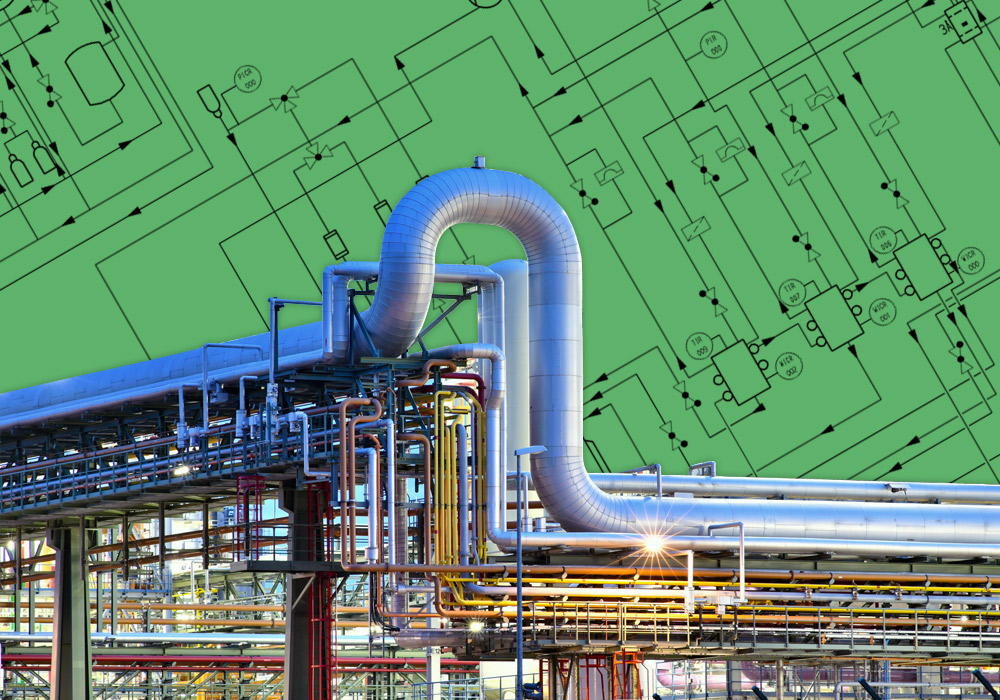

You Will Learn to:
Piping engineers and designers, fabricators and erectors, QA/QC personnel, engineers and maintenance personnel who desire a more in depth understanding of the Fabrication and Examination rules of the ASME Codes & Standards, operation, mechanical and maintenance personnel, inspection and quality personnel responsible for specifying, operating, inspecting and maintaining piping systems, code compliance personnel, regulatory personnel, consulting engineers, design engineers, maintenance engineers, project engineers, maintenance personnel, service engineers, planners and schedulers, M & E foremen, technical assistants & coordinators & technicians, public safety officials, and government regulators
This interactive Training will be highly interactive, with opportunities to advance your opinions and ideas and will include;
Part 1 ASME B31.4 Pipeline Transportation Systems for Liquid Hydrocarbons and Other Liquids
Course content
Part 2 ASME B31.8 Gas Transmission & Distribution Piping Systems
ASME B31.8 is the most widely used Code for the design, operation, maintenance, and repair of natural gas distribution and transmission pipelines. This course explains the present-day piping Code provisions, the principal intentions of the Code, and how the Code should be used. The emphasis is primarily on transmission pipelines.
Course content
Part 3 - Pipeline welding and welding qualifications requirement
API 571 Damage Mechanisms Affecting Fixed Equipment in the Refining Industry
API 570 – Piping Inspection Code: In-service Inspection, Rating, Repair, and Alteration of Piping Systems
BTS attendance certificate will be issued to all attendees completing a minimum of 80% of the total course duration.
| Code | Date | Venue | Fees | Register |
|---|---|---|---|---|
| PE225-01 | 05-04-2026 | Manama | USD 11500 | |
| PE225-02 | 02-08-2026 | Cairo | USD 11500 | |
| PE225-03 | 04-10-2026 | Doha | USD 11500 | |
| PE225-04 | 06-12-2026 | Dubai | USD 11500 |
Providing services with a high quality that are satisfying the requirements
Appling the specifications and legalizations to ensure the quality of service.
Best utilization of resources for continually improving the business activities.
BTS keen to selects highly technical instructors based on professional field experience
Since BTS was established, it considered a training partner for world class oil & gas institution
1st floor, Incubator Buildingو Masdar City, Abu Dhabi, UAE
Sun to Fri 09:00 AM to 06:00 PM
Contact Us anytime!
Request Info